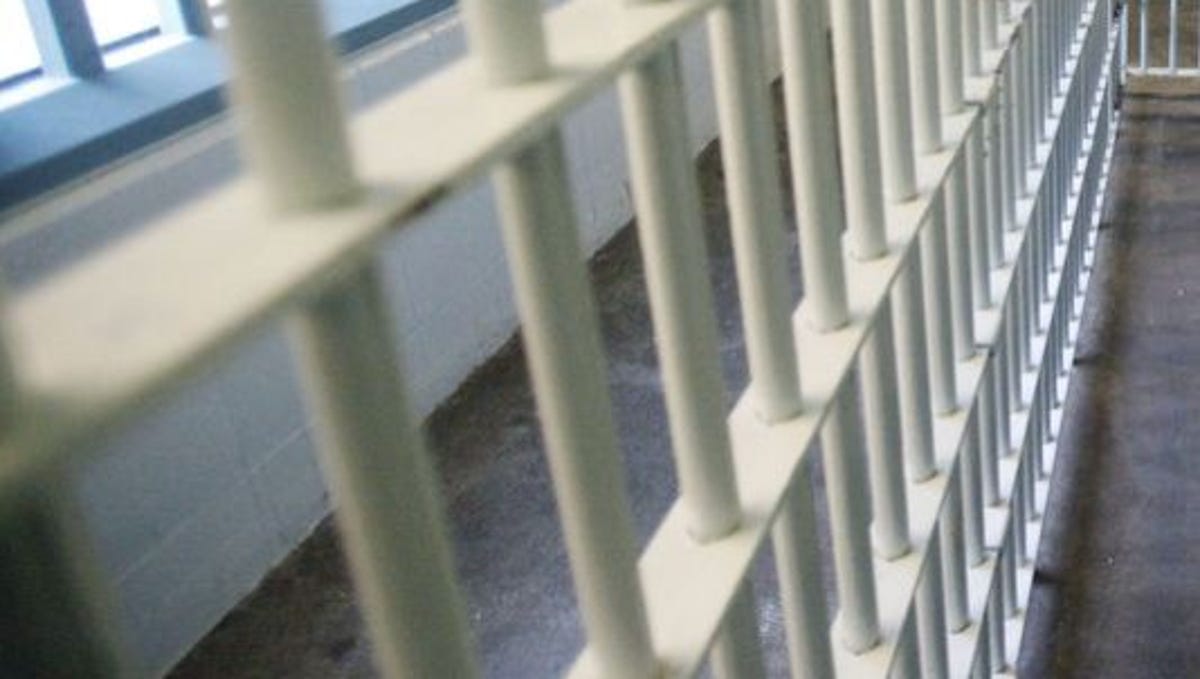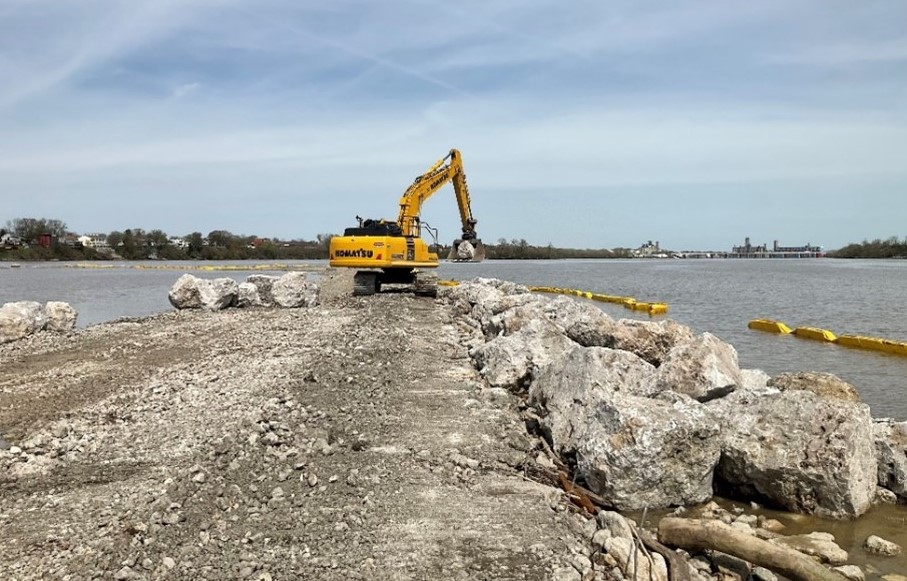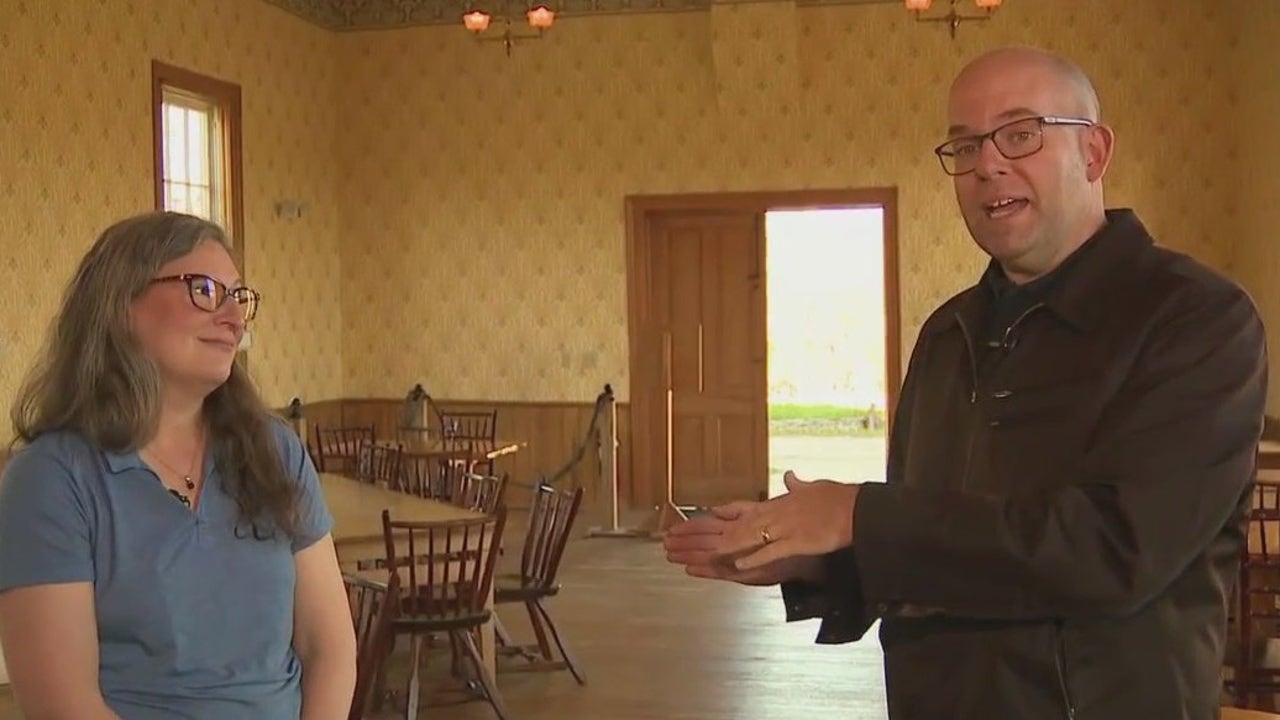Delaware
Delaware County man admits to trying to smuggle meth to son in Blackford County jail

HARTFORD CITY, Ind. — A Delaware County man admitted trying to smuggle meth to his son through a small hole in a window at the Blackford County Jail.
After striking a deal with Blackford County prosecutors, Michael David Engle, 55, of Albany, also this week acknowledged involving a younger son in his criminal activities.
In Blackford Circuit Court on Monday, Engle — not to be confused with the retired Muncie police officer with the same name — pleaded guilty to trafficking with an inmate and contributing to the delinquency of a minor, both Level 5 felonies carrying up to six years in prison.
Judge Brian Bade took the plea bargain — which does not specify the length of Engle’s sentence — under advisement, and tentatively set sentencing for April 22.
The deal calls for dismissal of three related charges pending against the Albany man — conspiracy to commit dealing in meth, neglect of a dependent and criminal mischief.
More: Another Muncie man strikes plea deal in federal trafficking case
According to court documents, recordings of phone conversations last October between Engle and his older son, Cody — then held in the Blackford County Jail after being charged with auto theft and fraud — revealed plans to smuggle drugs into the jail through a cell window.
(Cody Engle, now 28, is scheduled to enter a guilty plea in the auto theft case on April 4.)
Investigators said Michael Engle also involved his younger son, Jaxon, 17, in the efforts to smuggle drugs to Cody.
In December, Jaxon Engle was waived into adult court in Delaware County after being accused of participating in events that led to fatal overdoses for two other local teens.
Jaxon Engle is scheduled to stand trial June 18 in Delaware Circuit Court 1 on charges that include two counts of dealing in a controlled substance resulting in death, a Level 1 felony carrying up to 40 years in prison.
The charges stem from local fentanyl transactions that eventually led to the two overdose deaths — of an 18-year-old Muncie man last July and a 17-year-old Delaware County high school student in September.
Michael Engle was convicted of six crimes in 2022 — contributing to the delinquency of a minor, neglect of a dependent, obstruction of justice, possession of a narcotic drug and unlawful possession of a syringe, all in Madison County, and possession of meth, in Randolph County.
Douglas Walker is a news reporter at The Star Press. Contact him at 765-213-5851 or at dwalker@muncie.gannett.com.

Delaware
Work on Clark and Delaware/Horseshoe Islands restoration moves ahead

Construction of the Clark and Delaware/Horseshoe Islands Restoration Project is underway, Toledo-Lucas County Port Authority said.
Mark Haynes Construction, the construction contractor on this project, is currently building the perimeter rock berm/revetment structures at Clark and Delaware/Horseshoe Islands and backfilling wetland areas.
They are also dredging the coves at Delaware/Horseshoe Islands to create varying depths, providing habitat at various water levels.
The Port Authority received funding from Governor Mike DeWine’s H2Ohio Initiative and through the U.S. EPA’s Great Lakes Restoration Initiative to complete engineering, design, and permit preparation activities to restore Clark Island and Delaware/Horseshoe Island on the Maumee River.
While both projects offer nutrient reduction and habitat improvements, the H2Ohio-funded activities focus primarily on improving water quality, whereas the Great Lakes Restoration Initiative focuses primarily on improving habitat for fish and benthos, said the Authority.
Delaware
People go

Watch CBS News
Be the first to know
Get browser notifications for breaking news, live events, and exclusive reporting.
Delaware
Gubernatorial candidates weigh in on reforming education in Delaware

2024 Delaware State of the State: New school buildings, early education programs, mental wellness, and more
New school buildings, mental health programs, early education, new investments and more from the 2024 Delaware State of the State.
Changing Delaware’s education funding formula.
Investing in childcare and early childhood education.
Ensuring equitable resources across all schools and providing teacher support and professional development.
These were just some of the topics the five candidates for Delaware’s next governor tackled during an education forum hosted by the Vision Coalition of Delaware Wednesday evening at Polytech High School in Woodside.
PUBLIC POLICY FOCUS: From child poverty to education, here’s what experts say should shape public policy
Democratic candidates Lt. Gov. Bethany Hall-Long, New Castle County Executive Matt Meyer and former Department of Natural Resources and Environmental Control Secretary Collin O’Mara, along with Republican contenders Jerrold Price and state House Minority Leader Mike Ramone, who most recently filed his candidacy for governor on the Republican line May 6, were in attendance.
The candidates fielded questions from leadership of the Vision Coalition as well as students across the state of Delaware.
Here are five takeaways:
Fixing the funding formula
Most of the candidates Wednesday evening agreed the way Delaware funds its schools needs to change.
Delaware was sued in 2018 by Delawareans for Educational Opportunity and the NAACP over the First State being aware of deficiencies in resources provided to lower-income students, students with disabilities and multilingual learners.
In December, an independent assessment of Delaware’s education funding system recommended sizable changes, including shifting to a funding formula based on student needs, not resource-based units. In such a system, money would follow students with higher needs.
Hall-Long: “We’re going to have to move that funding formula forward for equity.”
Meyer: “We’re not measuring up today. If you go into schools in Wilmington and rural parts of the state with reading and math scores in the single digits. It starts with getting the funding formula right.”
O’Mara: “Look at the way Delaware reacted to desegregation and the lines that were drawn. We never increased funding and never changed the formula. We just have less and less funding for schools.”
Ramone: “Education funding needs to be modified. Education is supported very inconsistently. Delaware teachers should be at the top of the pyramid, not the bottom. Pay them what they are worth. Create an environment where we prioritize our children and the schools.”
Using funds from other sources
Candidates stressed that other avenues for funding for education and early childhood support must be explored.
The lawsuit over inequitable funding ultimately prompted a statewide reassessment of properties, which Meyer – who was part of the lawsuit as New Castle County executive – said helps school boards access up to 10% of new revenue every five years without going to referendum.
Meyer suggested making changes to the state tax code, which maxes out at a rate of 6.6% for everyone making $60,000 or more.
This makes Delaware one of the highest income tax states in the region for people making lower and middle class salaries. Maryland, New Jersey, Pennsylvania and even New York all have lower income tax rates for people who earn about $60,000 annually, according to the Tax Foundation data.
Meyer: “If a family makes $70,000 today, did you know they pay the same tax rate as someone making $70 million? It’s a moral imperative that we fix these things.”
O’Mara: “I do think the property tax assessment is going to be a piece of (funding sources). I also think we need to look at other funding sources, whether that be the tax code… also different revenues with excise taxes.”
PROPERTY TAX LAWSUIT: Wilmington asks to join lawsuit to force New Castle County property tax reassessment
Hall-Long: “Funding is absolutely paramount. I can tell you there are all kinds of things – sin tax funds (referencing future recreational marijuana sales as a potential revenue source).”
Ramone: “We have money in our government and we need to choose where the best investments are to get the biggest bang for that dollar.”
Price: “I agree with the assessment. Everyone is talking about spending millions of dollars. We need to go through our finances and see if that money is available. I can’t promise you something when the money is not there.”
Expanding childcare, early childhood education opportunities
Democratic gubernatorial candidates stressed the importance of childcare access and expanding early childhood education opportunities as between birth and the age of 5, “90% of a child’s brain is developed,” Hall-Long said.
Hall-Long: “Early education has to happen – we have to get there.”
Meyer: “We need heavy investment early.”
O’Mara: “Delaware is facing three crises: early childhood development, childcare and a lack of pre-K. Despite the investments, it’s still a fraction of what we need.”
Price: The Republican candidate pledged to help people if they seek help. “I can’t go into your house and tell you how to raise your children.”
ADDITIONAL FUNDING: Gov. Carney announces further investment for child care needs in Delaware
Ramone: “We’ve invested a ton of money in childcare and pre-K. Do we create an environment where we try to complement what we have in school systems with the private sector?”
Equity for children of all backgrounds, learning levels
Candidates stressed that fixing the funding formula is key to ensuring equitable investments for children from all socioeconomic and cultural backgrounds.
This was also a sticking point in the recommendations out of the statewide assessment on Delaware’s education funding system and the lawsuit brought against the state.
Hall-Long: “Equity runs through everything that we’ve done… It takes more than one initiative. It’s not just money. It’s leaning in and making Delaware the strongest place to be for our children.”
Meyer: “We need to make sure the teachers we recruit, not only where possible, speak multiple languages, but also have a culture of tolerance. Our schools ultimately are a reflection of who we are as a community.”
O’Mara: “They are staffing classes based on the bodies in the class rather than the needs in the classroom. We’re trying to have staffing levels that match the needs of the students.”
Price: “I think a lot of resources are already there, they just have to be used… We have to get rid of the disruptive children – not get rid of them, just help them. Get them counseling. There are only two genders. Men will not be playing women’s sports.”
Ramone: The House minority leader pointed to ASPIRA Charter School as an excellent education model for English language learners. “They took a community, and now the community has a bilingual dynamic to it. They are learning English fluently, and they’ve brought the parents in.”
Providing mental health support for students, educators
In recent years, Delaware has passed legislation and earmarked funding to expand mental health support for students.
But even those who were in office during those expansions said more needs to be done given the trauma children carry into the classroom – regardless of age.
Hall-Long: “We have invested the most ever to ensure elementary and middle schools have those supports. We’re continuing to work to ensure that resource in high schools. We have a long way to go and it’s only going to be done with everyone involved in the room here.”
Meyer: “Kids are coming to school with baggage that we cannot see. As county executive, we are the only local government in Delaware that approved wellness centers (at schools). We’re also going to do things to support teachers’ mental health (like reducing class sizes) to ensure teachers remain healthy.”
EXPANDING SUPPORT: Delaware lawmakers confront worsening mental health crisis for teens with these new bills
O’Mara: Applauded the steps the state has taken so far to provide mental health resources in schools. “We need to do it for middle and high schools. Children facing massive trauma – it doesn’t end in elementary schools, it follows all the way through.”
Price: “A lot of this mental health started because the family structure broke down. We’re going to provide counseling, it’s already there. You can’t force people to get help if they don’t want it.”
Ramone: The House representative shared a story about a childhood friend who spent time at MeadowWood Behavioral Health Hospital, and later lived in a group home. “She went there and they focused on her needs. That’s what our education needs to do for our children with the smallest cups.”
Got a tip? Contact Amanda Fries at afries@delawareonline.com. Follow her on X at @mandy_fries.
-

 Politics1 week ago
Politics1 week agoThe White House has a new curator. Donna Hayashi Smith is the first Asian American to hold the post
-

 World1 week ago
World1 week agoTurkish police arrest hundreds at Istanbul May Day protests
-

 News1 week ago
News1 week agoPolice enter UCLA anti-war encampment; Arizona repeals Civil War-era abortion ban
-

 Politics1 week ago
Politics1 week agoAdams, NYPD cite 'global' effort to 'radicalize young people' after 300 arrested at Columbia, CUNY
-

 News1 week ago
News1 week agoVideo: Police Arrest Columbia Protesters Occupying Hamilton Hall
-

 News1 week ago
News1 week agoSome Republicans expected to join Arizona Democrats to pass repeal of 1864 abortion ban
-

 Politics1 week ago
Politics1 week agoNewsom, state officials silent on anti-Israel protests at UCLA
-
)
) Movie Reviews1 week ago
Movie Reviews1 week agoThe Idea of You Movie Review: Anne Hathaway’s honest performance makes the film stand out in a not so formulaic rom-com

















